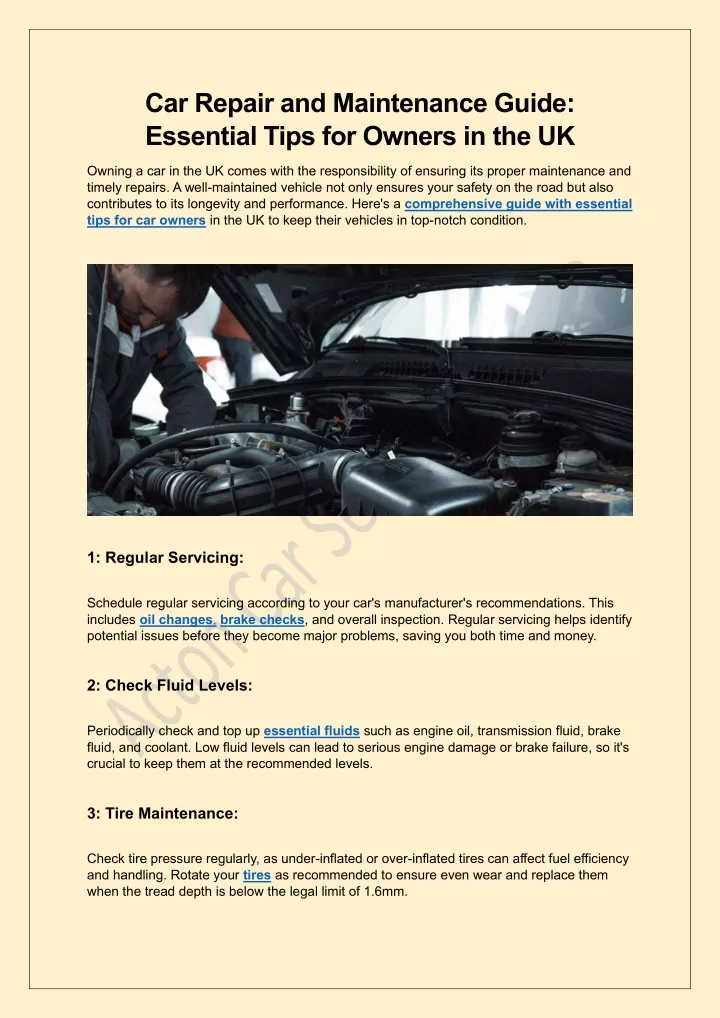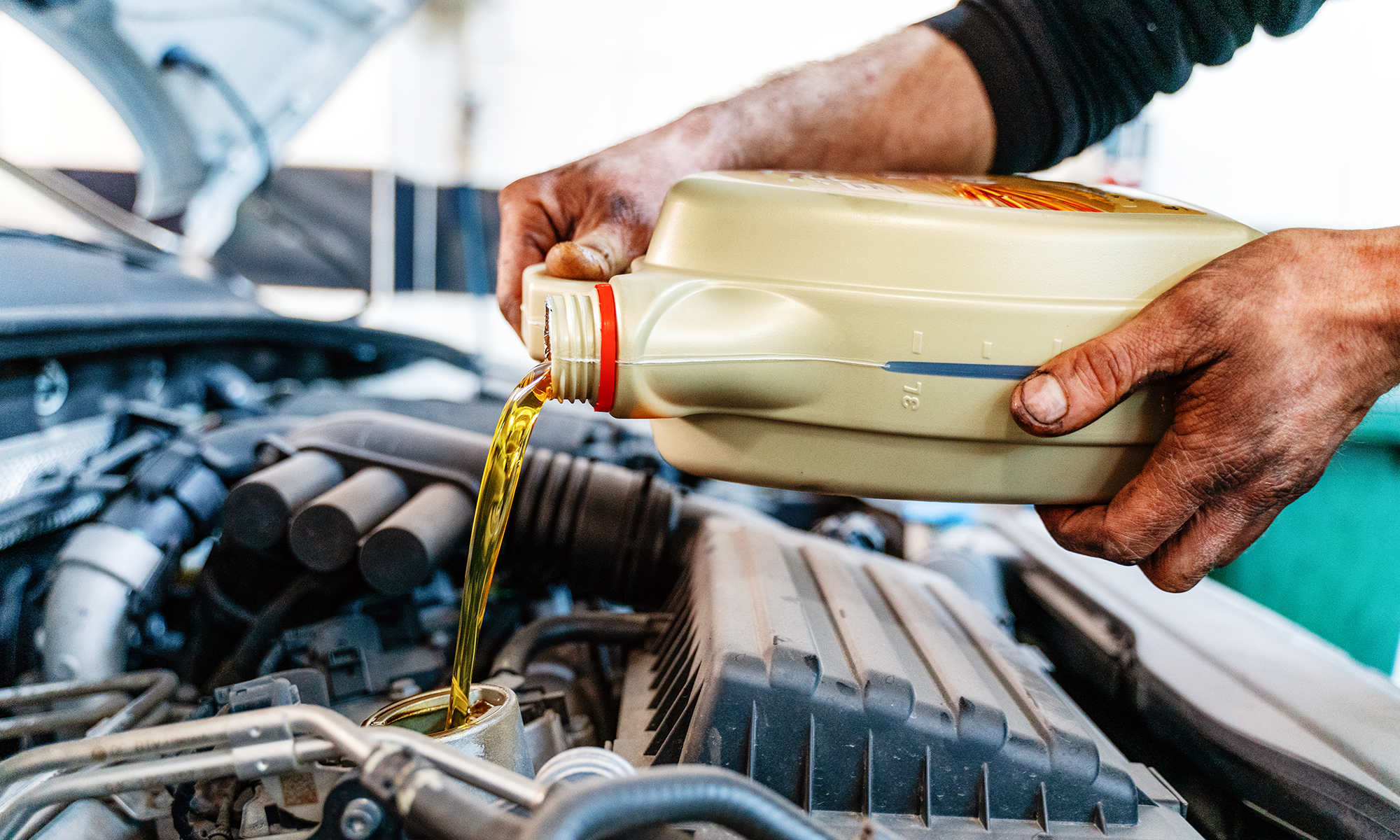When it comes to maintaining your car’s engine health, one question that often arises is whether you should top up the engine oil or not. To answer this question, it’s important to understand the role of engine oil and its significance in keeping your car running smoothly.
Engine oil plays a crucial role in lubricating the components of your engine, reducing friction, and preventing wear and tear. It also helps in keeping the engine cool by dissipating heat. Over time, engine oil can become contaminated with dirt, debris, and other impurities, which can compromise its ability to perform effectively.
So, should you top up engine oil? The answer depends on the current oil level and the condition of the oil. If your oil level is below the minimum mark, topping up the oil may be necessary to ensure proper lubrication of the engine components. However, it’s important to note that topping up engine oil should only be done if the oil is low and you need to drive to an auto shop immediately. It should not be used as a substitute for regular oil changes.
Benefits of Topping Up Engine Oil
When your oil level is low, topping up the engine oil can offer a few benefits:
- Improved lubrication: Topping up the oil ensures that the engine components are properly lubricated, reducing friction and extending their lifespan.
- Cooling effect: Engine oil helps in dissipating heat, keeping the engine cool even during long drives.
- Protection against wear and tear: Adequate oil levels protect the engine from excessive wear and tear, preventing costly repairs down the line.
When to Top Up Engine Oil
It’s important to regularly check your engine oil level and top it up when necessary. Here are a few signs that indicate it’s time to top up your engine oil:
- Dashboard warning light: If the oil light on your dashboard is illuminated, it is a clear indication that your oil level is low and needs to be topped up.
- Oil stains or leaks: If you notice oil stains or leaks beneath your car, it could be a sign of an oil leak and indicates that your oil level needs to be checked and topped up.
- Noise from the engine: If your engine starts making unusual noises, it could be due to insufficient lubrication caused by low oil levels. Topping up the oil can help alleviate these noises.

Credit: www.slideserve.com
How to Top Up Engine Oil
Topping up the engine oil is a relatively straightforward process. Here’s a step-by-step guide:
- Locate the dipstick: The dipstick is usually labeled and can be found under the hood of your car.
- Remove the dipstick and wipe it clean with a cloth.
- Insert the dipstick back into the pipe.
- Remove the dipstick again and check the oil level. If it is below the minimum mark, proceed to the next step.
- Pour the recommended oil into the opening slowly.
- Recheck the oil level with the dipstick to ensure it is within the recommended range.
- Replace the dipstick and close the hood.
Remember to always use the recommended type and grade of oil for your car, as specified in the owner’s manual.

Credit: www.endurancewarranty.com
Conclusion
In conclusion, topping up the engine oil can be beneficial in certain situations, such as when the oil level is below the minimum mark, and you need to drive to an auto shop. However, it should not be used as a substitute for regular oil changes, which are essential for maintaining the long-term health and performance of your engine.
By regularly checking your engine oil level and promptly topping it up when necessary, you can ensure that your car’s engine remains well lubricated, protected against wear and tear, and performs optimally.
Read More:


